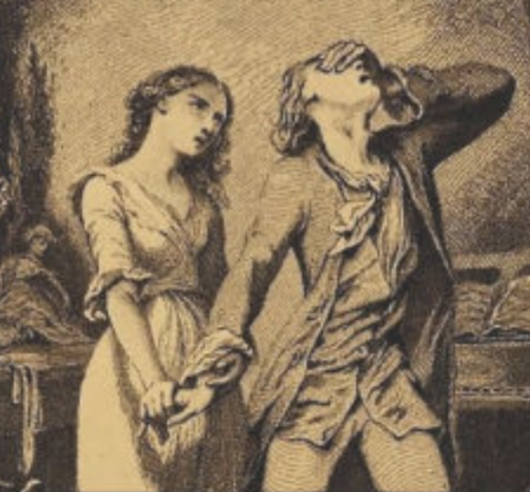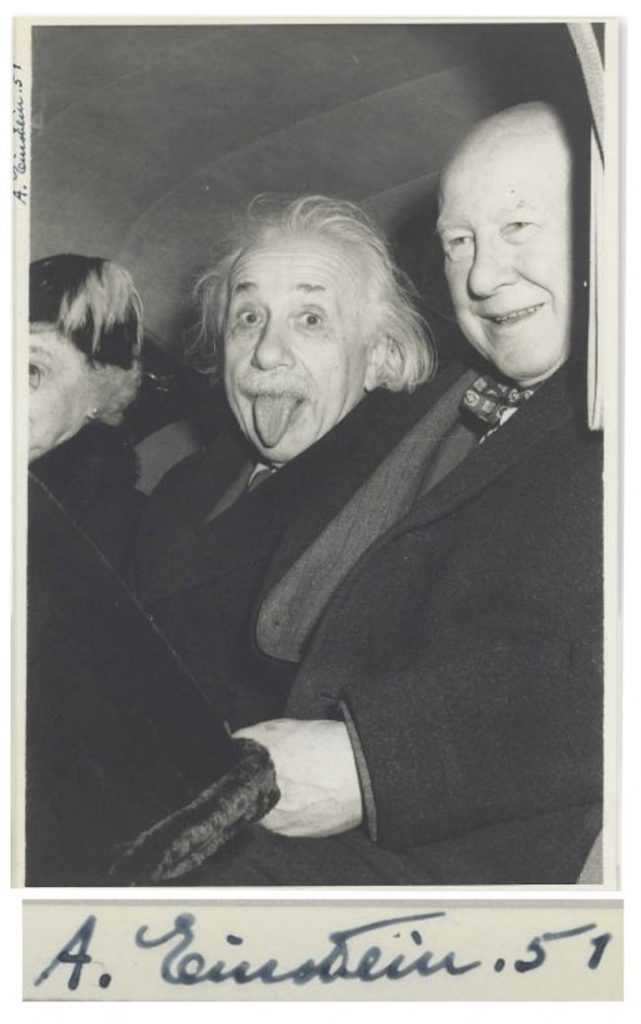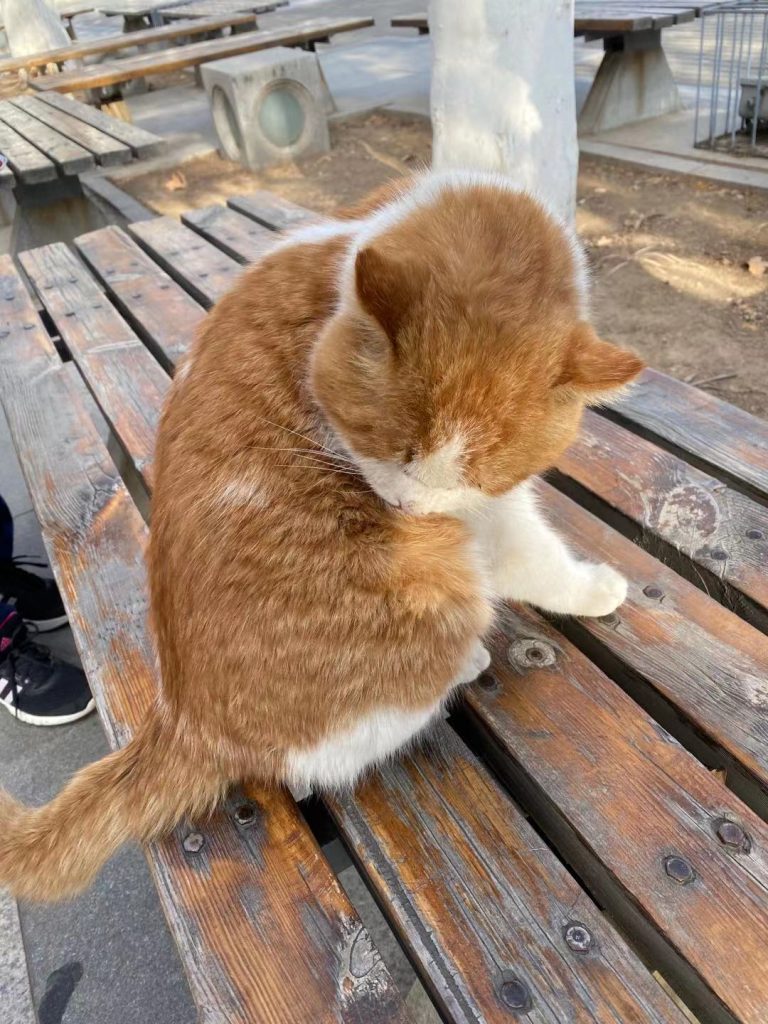Two main topics of this quarter’s humanities are Enlightenment and Romanticism. Enlightenment focuses on science, secular, and reason while Romanticism is about individual sentiment. Though for me I think reason and science is my top priority to learn and observe the world and the society (guess that is why I am here in a university and being in a engineering major), but it is also interesting when we did the video for Enlightenment vs. Romanticism, that gives me another approach to feel and experience the world. I liked the way how personal sentiment are portrayed and they affect people’s knowledge and emotions in Goethe’s work “The Sufferings of Young Werther”. Though I don’t like they way how Werther is so into Lotte that is either get her or suicide, and how his feelings are dependent on Lotte’s action to him, that makes him look like a bipolar disorder patient… So, though I think people in the Western civilization is more into logic and reason. Since as we go through from Hum1 to Hum3, most of the authors are using reason as the tool to think, and is their approach to philosophy. But still we might need some emotional education. It shocked me with the double-rainbow video, apart of finding it funny of how the guy was amazed and then burst to tears, it is thoughtful as well because it is hard to understand from reason point of view. So I guess we should develop romantic feelings, as it is a part of human experiences and it will make our mental world full. So Enlightenment and Romanticism, we need to study them all!




